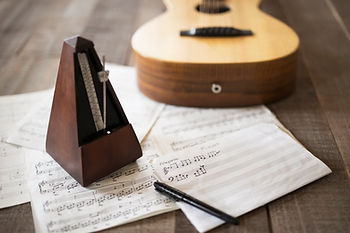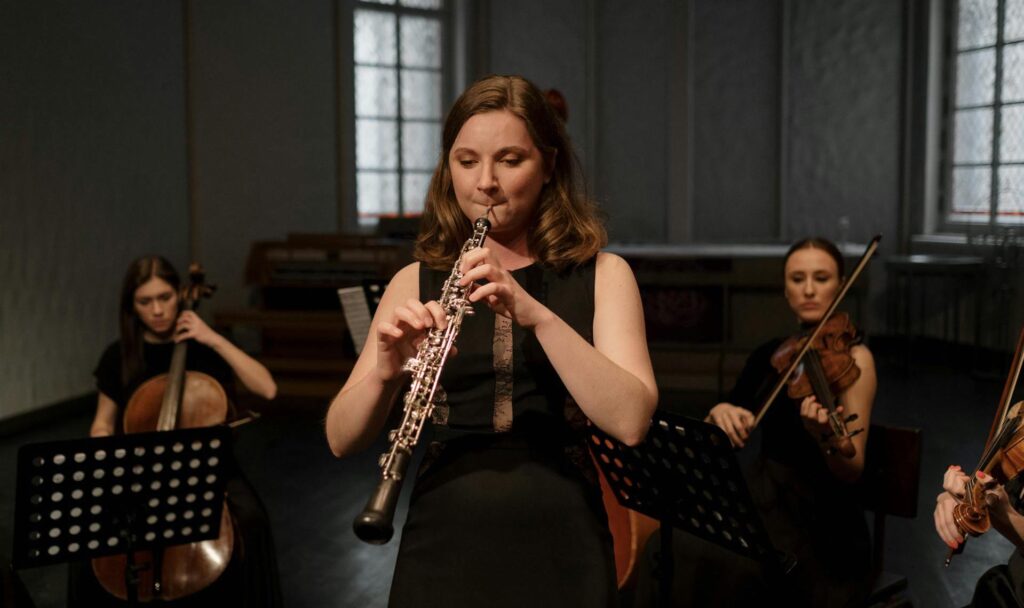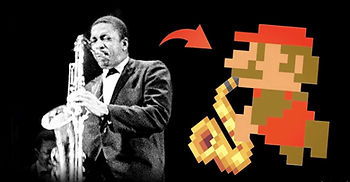
Have you ever noticed how time seems to fly by when you’re listening to your favorite music, while it drags on when you’re bored or anxious? The way we experience time is subjective and influenced by many factors, including our emotions, attention, and sensory input. And one factor that can have a significant impact on our perception of time is music.
Music is a universal language that has the power to evoke strong emotions and memories in us. Research has shown that listening to music can alter our perception of time in various ways. Let’s take a closer look at how music can change our perception of time.
Tempo and Rhythm
One way that music can influence our perception of time is through its tempo and rhythm. The tempo of music refers to its speed, while rhythm refers to the pattern of beats or accents in the music. Music with a slow tempo and a steady beat can make time appear to pass more slowly, while music with a fast tempo and an irregular beat can make time seem to speed up.
For example, think of a slow, melodic ballad versus a fast-paced dance track. The ballad may create a sense of relaxation and calmness, making time feel like it’s passing more slowly. In contrast, the dance track may be energizing and exciting, making time seem to fly by.
Emotional Content
The emotional content of music can also affect our perception of time. Listening to music that elicits positive emotions, such as joy or excitement, can make time feel like it’s passing more quickly. Conversely, listening to music that evokes negative emotions, such as sadness or boredom, can make time feel like it’s dragging on.
Memories and Associations
The memories and associations we have with a particular piece of music can also affect our perception of time. When we hear music that we have a strong emotional connection to or that reminds us of a significant event in our lives, it can create a sense of nostalgia or transport us back to that time and place.
For example, hearing a song from your childhood may bring back memories of carefree days and make time seem to pass more quickly. On the other hand, hearing a song that reminds you of a difficult or painful experience may make time feel like it’s standing still.
Overall, the way we experience time is a complex interplay of our emotions, attention, and sensory input, and music can play a significant role in shaping our perception of time. Whether we want to slow down or speed up time, listening to music is a fun and effective way to do so.
So the next time you find yourself staring at the clock, try putting on your favorite song or playlist and see how it affects your perception of time. Who knows, you might just find yourself enjoying the moment a little more!
#MusicCognition #PerceptionOfTime #Tempo #Rhythm #EmotionalContent #Memories #Association #MusicTherapy #NeuroscienceOfMusic #PsychologyOfMusic #TimePerception #MusicAndEmotions #MusicAndMemory #MusicAndMood #MusicAndTheBrain







